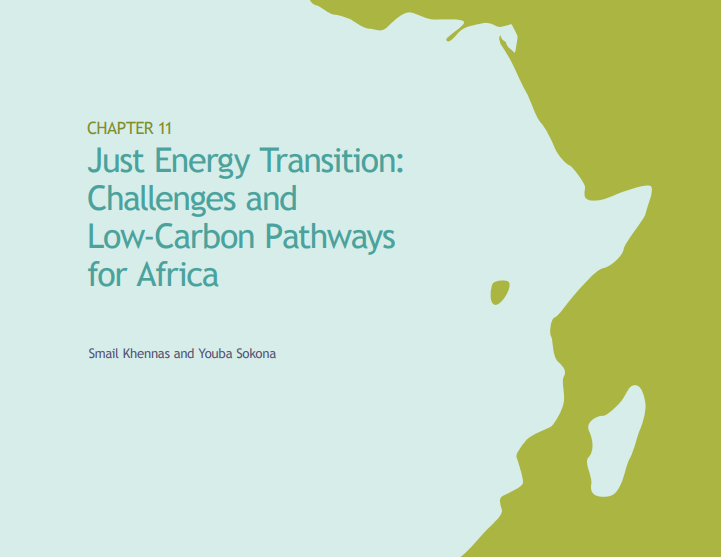Publication date: 3 October 2024
Authors: ReSAKSS
Description: Transitioning to renewable energy is a critical part of addressing climate change and ensuring sustainable development. However, if this transition does not consider the social, economic, and financial implications for African countries, it cannot be considered a “just” transition for Africa. At the social level, the transition to low-carbon pathways, such as renewable energy sources, will create new employment opportunities. However, poor countries and marginalized populations may face disproportionate challenges during this transition if they are excluded from decision-making processes or do not benefit from these new job prospects. It is therefore essential to ensure that low-carbon pathways help reduce social inequalities and improve livelihoods for people in these countries and communities. At the economic and financial levels, transitioning to low-carbon pathways will require significant funding to develop national or regional value chains, invest in research and development, and build capacity. International financial support will be crucial for developing countries, especially in Africa, to ensure a just transition.






















